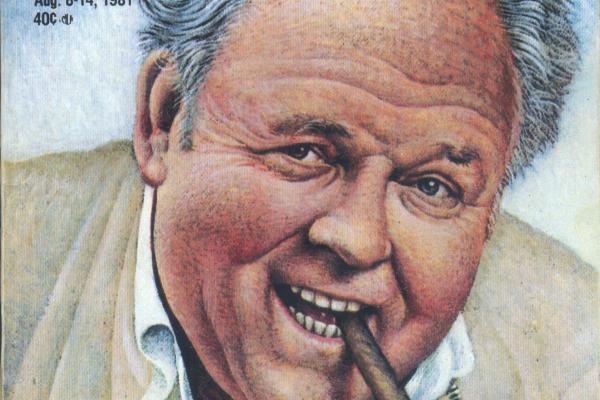Jun 8, 2016
Fearing those who are different from us seems to be our default setting as humans. It’s true for me. I’m more comfortable in groups of people who are more like me in some ways. People who think like me and have similar life experiences. Yeah, there’s that little bit of Archie in me, too. It’s just a human trait, I suppose, woven throughout our history and religious texts. And so is this: the moral and spiritual imperative to push past our innate fears and learn love each other and appreciate our differences.
Read the Full Article

Already a subscriber? Login
